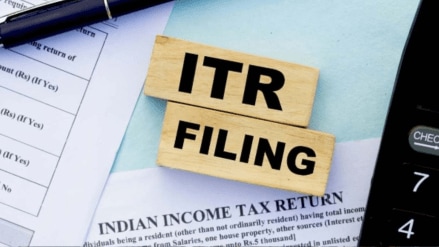The new Income Tax Bill will replace many of the existing rules that people already follow while filing their Income Tax Returns (ITR). This has led to an important question, which many don’t have the answer to. How different will the ITR filing process be from what we know today? For years, taxpayers have been used to the current system of deductions, exemptions, and slabs. Although the new bill promises a simpler, cleaner framework, but could it also mean giving up some old benefits? Let’s break this down for you in simpler terms.
Key changes for filing ITR from 2026:
If you file your ITR and TDS late …
One of the key changes that has brought relief to a lot of taxpayers is the fact that from next year if you, for some reason, were unable to file your ITR within deadline, you will still have the right to get your tax refund.
The new bill removes penalties for filing TDS statements after the deadline. Taxpayers who miss the due date will no longer face financial fines, making compliance easier and less stressful. This move provides relief for individuals and businesses who often struggle with meeting strict timelines.
Nil TDS Certificate
Taxpayers with no tax liability can now apply in advance for a Nil TDS Certificate. This will stop tax from being deducted at source unnecessarily. The benefit is not just for residents of India, but also for non-residents.
Relief on pension income
Commuted pension received from certain notified pension funds, like LIC Pension Fund, will now be fully tax-free. The bill clearly provides this deduction, ensuring that private sector employees and those who have independently invested in such funds get the same relief as salaried government employees.
Changes in property tax rules
Income from house property will continue to get a standard deduction fixed at 30%. At the same time, relief on home loan interest payments is also retained. This is aimed at giving steady tax benefits to homeowners, making property ownership more manageable financially.
Important Point to note in ITR filing 2026
One important point to note is that there is no change in tax slabs or the overall structure. The same tax rates and definitions decided by courts will continue. The purpose of the new bill is mainly to make the law simpler and reduce the time and effort needed for filing returns.
